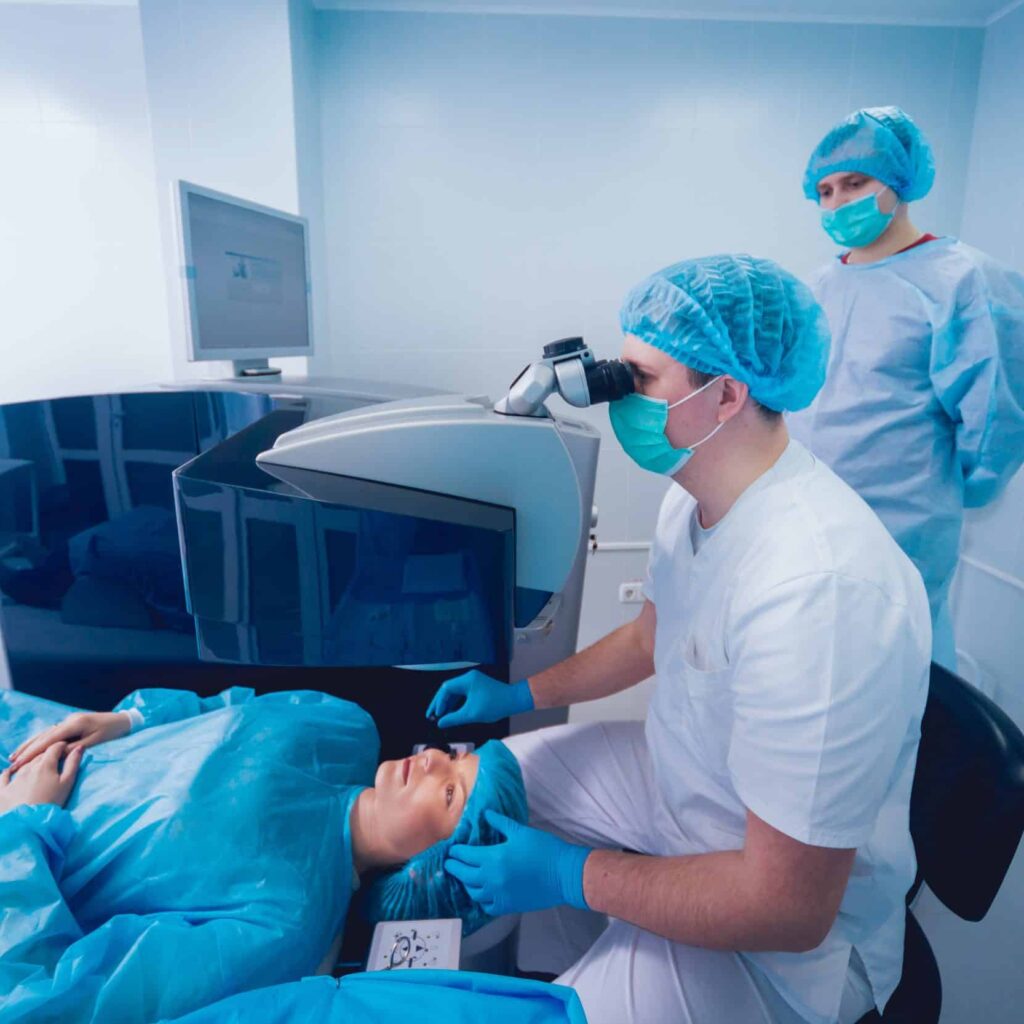Continuous Positive Airway Pressure (CPAP) machines are essential for individuals suffering from obstructive sleep apnoea (OSA). These devices help maintain an open airway during sleep, significantly improving the quality of life for many. With the rise of online shopping, purchasing a CPAP machine has become more accessible than ever. However, navigating the myriad of options available can be daunting. This guide explores trusted sources for buying CPAP machines online and offers valuable tips to ensure a smooth purchasing experience.
Understanding CPAP Machines
Before delving into where to buy CPAP machines, it is crucial to understand what they are and how they function. A CPAP machine delivers a steady stream of air through a mask, preventing the airway from collapsing during sleep. This treatment is vital for those diagnosed with sleep apnoea, as it helps reduce the risk of associated health issues, such as cardiovascular problems and daytime fatigue.

Buying CPAP machine online can be a straightforward process if you know where to look and what to consider. By consulting with your healthcare provider, choosing trusted sources, and being mindful of accessories and maintenance, you can ensure that you select the right CPAP machine for your needs. With the right equipment, you can significantly improve your sleep quality and overall health.
CPAP machines come in various models and features, including fixed pressure and auto-adjusting options. The choice of machine often depends on individual needs, which is why consulting with a healthcare professional is advisable before making a purchase.
Types of CPAP Machines
There are several types of CPAP machines available, each catering to different needs and preferences. Understanding these types can help you make an informed decision.
- Standard CPAP Machines: These devices deliver a constant air pressure throughout the night. They are suitable for most patients with obstructive sleep apnoea.
- Auto-Adjusting CPAP Machines: Also known as APAP machines, these devices automatically adjust the pressure based on the user’s breathing patterns, providing a more tailored experience.
- Bilevel Positive Airway Pressure (BiPAP) Machines: These machines offer two levels of pressure: a higher pressure for inhalation and a lower pressure for exhalation, making them ideal for patients who find it difficult to exhale against a constant pressure.
- Travel CPAP Machines: Compact and lightweight, these machines are designed for portability, allowing users to maintain their therapy while on the go.
Read more at: Best CPAP Machines in Australia for Effective Sleep Apnea Treatment
Trusted Online Sources for CPAP Machines
When purchasing a CPAP machine online, it is essential to choose reputable sources to ensure quality and reliability. Here are some trusted online retailers that specialise in CPAP machines and accessories.
1. Medical Supply Websites
Many medical supply companies operate online, offering a wide range of CPAP machines and accessories. These websites often provide detailed product descriptions, customer reviews, and competitive pricing. Some well-known medical supply retailers include:
- CPAP.com: This site is dedicated to CPAP therapy and offers a comprehensive selection of machines, masks, and accessories. They also provide educational resources to help users choose the right product.
- Sleep Apnoea Store: Specialising in sleep apnoea products, this retailer offers a variety of CPAP machines and provides excellent customer support.
- VitalAire: A trusted name in respiratory care, VitalAire offers a range of CPAP machines and accessories, along with professional advice and support.
2. Pharmacy Chains
Many pharmacy chains have expanded their offerings to include CPAP machines and related products. Purchasing from a pharmacy can provide the added benefit of in-person consultations. Some notable pharmacy chains include:
- Chemist Warehouse: This Australian pharmacy chain offers a selection of CPAP machines and accessories, often at competitive prices.
- Pharmacy Online: An online pharmacy that stocks a variety of CPAP machines and provides detailed product information.
3. Manufacturer Websites
Purchasing directly from the manufacturer can ensure that you receive a genuine product with full warranty coverage. Many CPAP machine manufacturers have their own online stores, allowing customers to buy directly. Some reputable manufacturers include:
- ResMed: A leading manufacturer of CPAP machines, ResMed offers a range of products on its website, along with comprehensive support resources. Read more about resources on https://omerad.msu.edu/research/resources-for-medical-education-research-and-scholarship
- Philips Respironics: Known for its innovative sleep therapy solutions, Philips Respironics provides an online platform for purchasing their CPAP machines and accessories.
Tips for Buying CPAP Machines Online
While purchasing a CPAP machine online can be convenient, there are several tips to keep in mind to ensure a successful transaction.
1. Consult Your Healthcare Provider
Before making any purchases, it is crucial to consult with your healthcare provider. They can provide a prescription and recommend the appropriate type of CPAP machine based on your specific needs. This step is essential, as using the wrong machine can lead to ineffective treatment and potential health risks.
2. Check for Warranty and Return Policies
When buying a CPAP machine online, always check the warranty and return policies. A good warranty will cover defects and malfunctions, while a flexible return policy allows you to return the product if it does not meet your expectations. This is particularly important for CPAP machines, as finding the right fit and comfort level is crucial for effective therapy.
3. Read Customer Reviews
Customer reviews can provide valuable insights into the performance and reliability of a CPAP machine. Look for reviews that discuss comfort, ease of use, and customer service experiences. This information can help you make an informed decision and avoid potential pitfalls. To read more about comfort click here.
4. Compare Prices
Prices for CPAP machines can vary significantly between retailers. Take the time to compare prices across different websites to ensure you are getting the best deal. However, be cautious of prices that seem too good to be true, as they may indicate inferior quality or counterfeit products.
Understanding CPAP Accessories
In addition to the CPAP machine itself, several accessories can enhance your experience and improve the effectiveness of your therapy. Understanding these accessories can help you make a more comprehensive purchase.

1. CPAP Masks
The mask is a crucial component of CPAP therapy, as it delivers the air pressure to your airway. There are various types of masks available, including nasal masks, full-face masks, and nasal pillows. It is essential to choose a mask that fits comfortably and securely to ensure effective therapy.
2. Humidifiers
Many CPAP machines come with built-in humidifiers or have the option to add one. Humidifiers help to moisten the air delivered by the CPAP machine, reducing dryness and irritation in the airways. This can significantly improve comfort, especially for those who experience nasal congestion or dryness.
3. CPAP Filters and Tubing
Regular maintenance of your CPAP machine is essential for optimal performance. This includes replacing filters and tubing as needed. Many online retailers offer replacement parts, making it easy to keep your machine in top condition.






